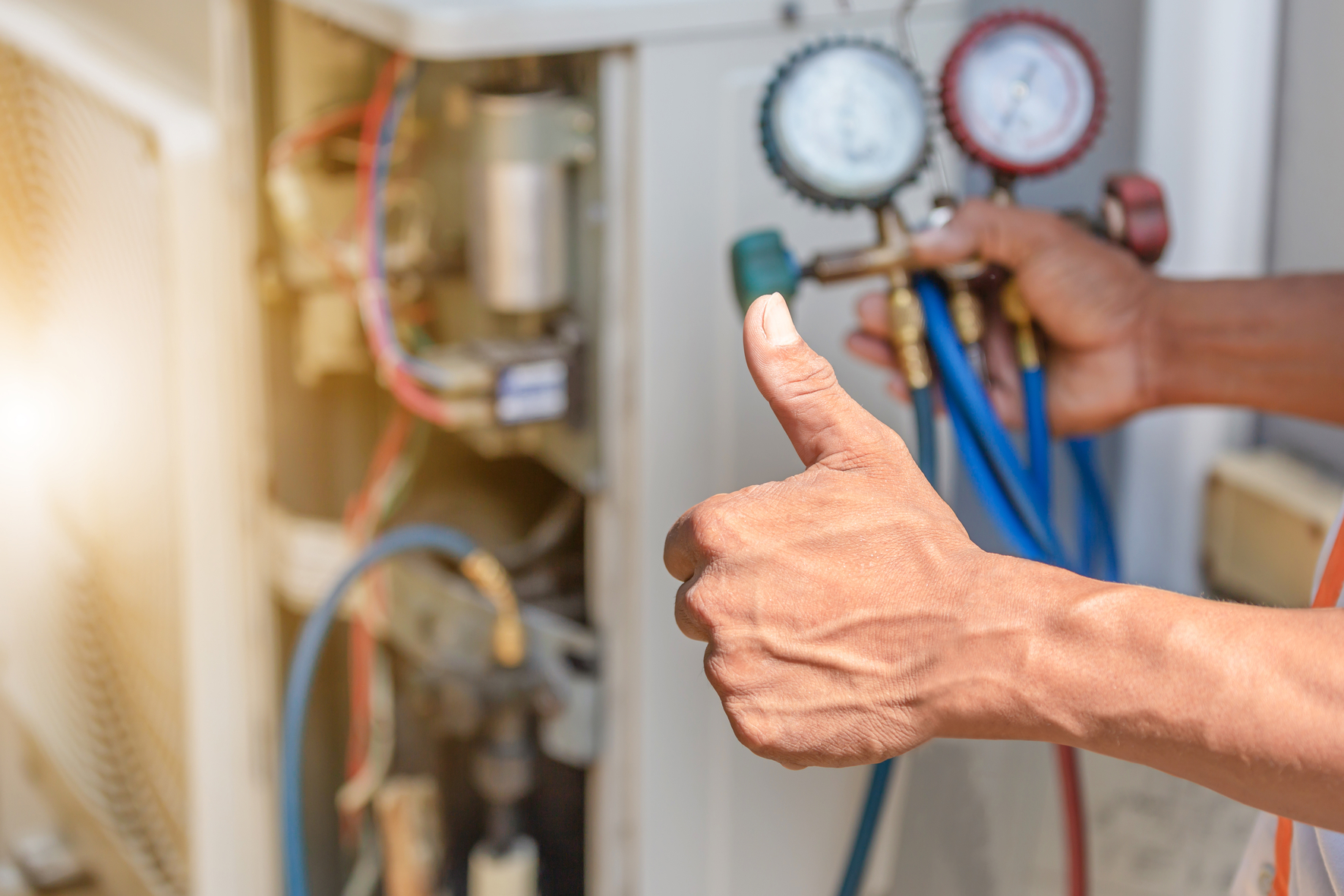Picking an ideal HVAC solution for the house can appear overwhelming, notably given the many selections and technical aspects to take into account. Whether you are erecting a new house, updating, or merely aiming to enhance your current system, understanding what HVAC means and its operation is vital. HVAC refers to heating, air flow, and air conditioning, and it holds a crucial role in maintaining the comfort of your home year-round. This introductory guide will walk you through the main elements of HVAC systems, typical challenges and their answers, and care advice to ensure your system operates efficiently.
As you explore the multiple categories of HVAC systems available, you will discover that each comes with its own set of attributes and benefits. From conventional central air systems to up-to-date ductless mini-splits and geothermal heat pumps, the choices can be intimidating. Understanding how different systems impact energy efficiency and indoor air quality can help you make a knowledgeable choice that fulfills your comfort requirements but also fits your budget. By the end of this article, you will be equipped with valuable knowledge to select the ideal HVAC solution for your residence and experience a comfortable living environment all year long.

spintax #### Grasping HVAC Units
HVAC stands for Heater, Air Flow, and Air Conditioning, which are core components that maintain creating indoor well-being. An HVAC system controls climate, moisture, and air freshness throughout domestic and business spaces. Understanding each of these components is crucial for selecting the best system for your residential space or company. Heating https://sockinsect1.bloggersdelight.dk/2025/02/28/do-it-yourself-hvac-repairs-when-is-it-best-try-along-with-when-to-call-a-expert/ consists of various techniques to make comfortable indoor environments, while air conditioning lowers the temperature of and dehumidifies the air. Ventilation provides a continuous flow of new air to ensure a healthy environment.
An HVAC system usually is made up of a furnace or heat pump for heating, an cooling system for temperature reduction, and ventilation ducts or other means of circulating conditioned air throughout the space. Modern systems can also include intelligent thermostats, air purifiers, and moisture management features, that boost both ease and energy efficiency. By optimizing these components, homeowners can attain a satisfying living space while reducing energy consumption.
Furthermore, comprehending the interplay of these components can assist in diagnosing frequent issues and making wise decisions about maintenance and upgrades. Regular maintenance and timely repairs are vital to prolonging the lifespan of an HVAC system. As technology evolves, latest innovations emerging within the HVAC sector promise improved efficient energy use and superior indoor air cleanliness, providing further benefits to health and well-being in residential environments and business spaces alike.
Typical HVAC Issues and Solutions
One of the most frequent problems householders face with their HVAC units is inadequate heating or cooling. This problem can arise from several sources, including a clogged air filter, which restricts airflow and reduces efficiency. An additional potential cause is improperly sealed ductwork, which can lead to considerable energy waste. To address this problem, start by checking and replacing air filters on a regular basis, and inspect ductwork for any leaks that demand sealing.
An additional prevalent problem is the strange noises coming from the HVAC unit, such as clattering, thumping, or whistling. These sounds can signal mechanical problems or unsecured components. The first step is to ensure that mounting brackets and screws are tight. If the sounds continue, it may be necessary to reach out to a qualified technician who can diagnose and resolve more serious mechanical issues competently.
Finally, a faulty thermostat can lead to substantial discomfort and energy inefficiency. If your HVAC system is running continuously or not reacting to temperature changes, recalibrating or replacing the thermostat could be a practical solution. Smart thermostats provide additional benefits, such as programming features and remote access, helping homeowners optimize their heating and cooling settings while possibly lowering energy bills.
Energy Efficiency and Care Tips
To guarantee your HVAC system operates optimally, one of the key strategies is regular maintenance. Setting up seasonal tune-ups can help detect possible problems early on, making sure that your system operates efficiently throughout the year. A professional technician can service the coils, monitor refrigerant levels, and examine other vital components, which can lead to enhanced performance and durability of your system.
Additionally, being mindful of your thermostat settings can significantly affect your energy bills. During winter, setting your thermostat a couple degrees lower while dressing in warmer clothing can save on heating costs. In the summer, adjusting the temperature a few degrees can reduce air conditioning expenses while still keeping your home pleasant. Consider investing in a smart thermostat that intelligently adjusts according to your schedule or the weather, maximizing energy use.
Lastly, improving your home’s insulation and repairing air leaks can make a significant difference for your HVAC efficiency. Insulating walls, attics, and ductwork reduces energy loss, while sealing windows and doors stops conditioned air from leaking out. By taking https://notes.io/wZZjJ , you not only enhance the comfort of your home, but also create a more energy-efficient environment, leading to reduced utility bills and a smaller carbon footprint.
